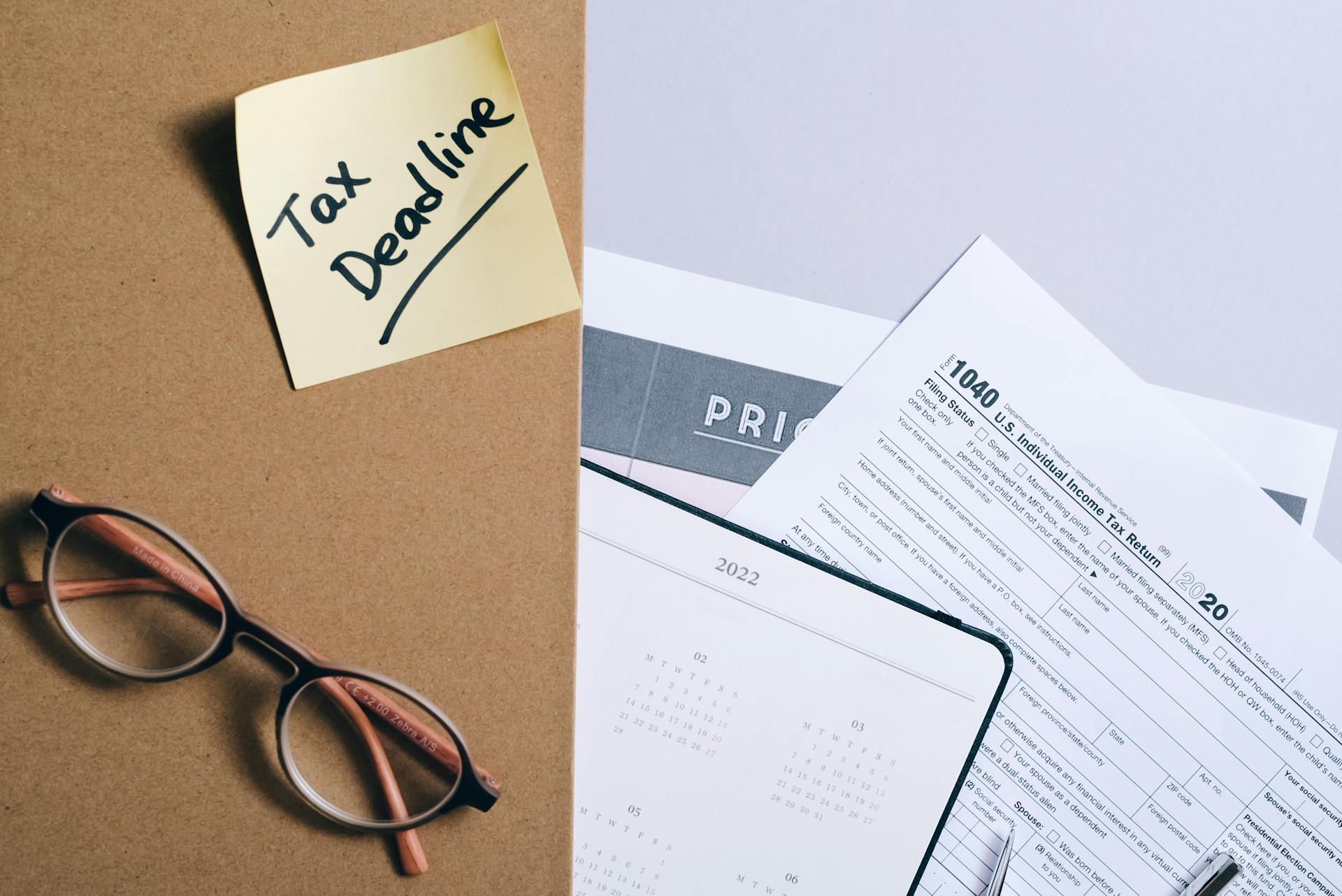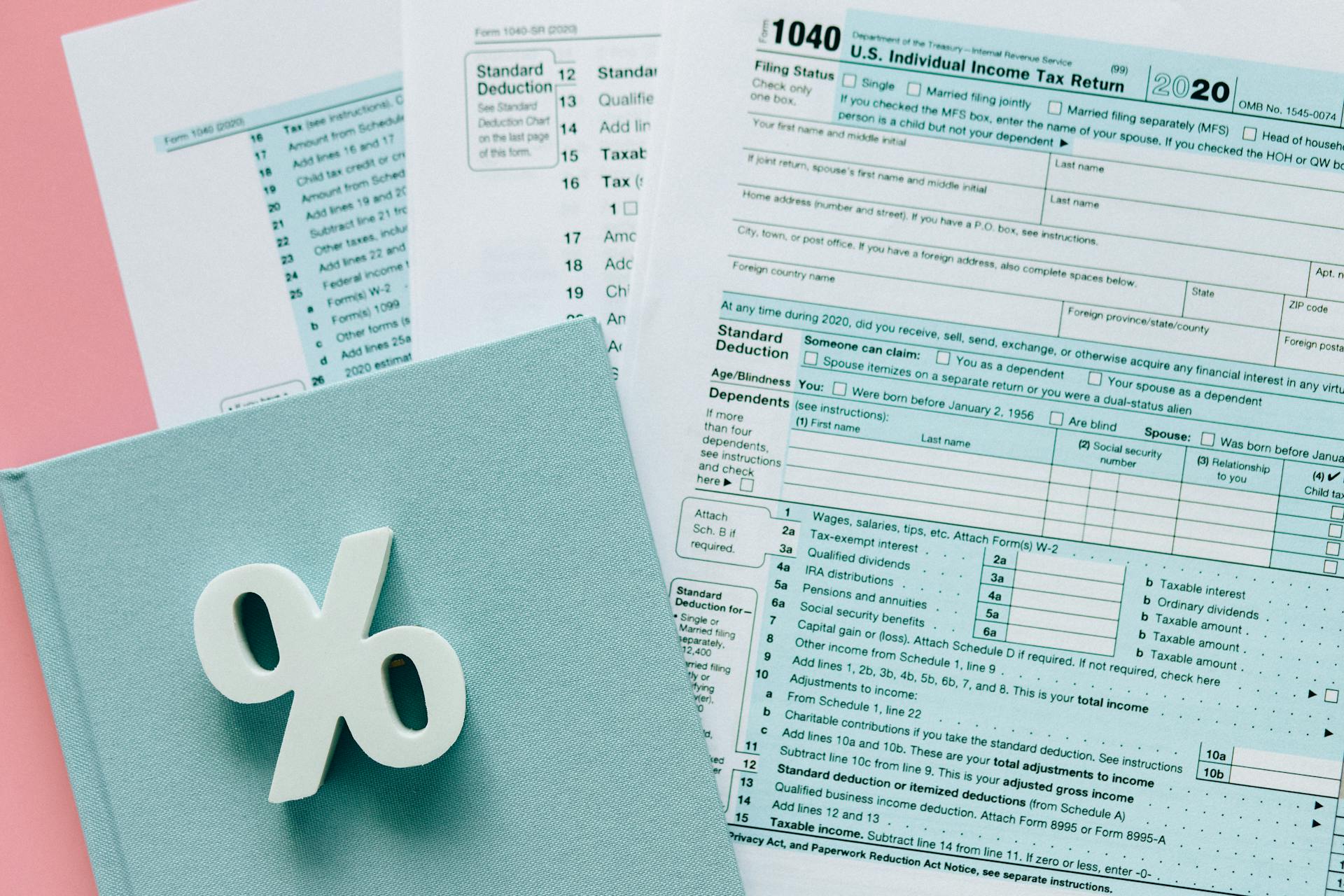
Muni bonds are a type of investment that can provide a relatively stable source of income. They are issued by municipalities to finance public projects and are generally considered to be a low-risk investment.
Muni bonds are attractive to investors seeking tax-free income. This is because interest earned on muni bonds is exempt from federal income tax, and in some cases, state and local taxes as well.
Investors in muni bonds are typically individuals and institutions seeking a steady income stream. They often include retirees, charities, and pension funds.
The tax benefits of muni bonds can be significant, especially for high-income investors. This is because the tax-free income can help reduce their overall tax liability.
Benefits
Municipal bonds have a low default rate, with only 99 defaults issued between 1970 and 2015. Of these, only nine general obligation bonds defaulted, and not a single municipal bond with the highest credit rating defaulted.
The tax benefits of municipal bonds are a significant advantage, as the interest is tax-free. However, keep in mind that the tax benefits only apply to interest payments, not capital gains.
Municipal bonds generally offer lower interest rates than corporate bonds, but they are still a stable investment option that can provide a steady return.
What?

Municipal bonds are a great way to finance public projects that benefit our communities, such as roads, bridges, fire departments, libraries, and schools.
They offer a way for investors to generate tax-free income through interest payments from state and local governments. This is a huge advantage for higher-earning investors who can limit their state and federal tax liability.
Municipal bonds are a low-risk strategy that can provide a steady stream of income.
Tax Efficiency
Municipal bonds offer a tax-efficient way to invest in fixed-income securities. They are generally exempt from federal taxes, and if you live in the same state where the bond is issued, you'll also be exempt from state and local taxes.
This tax exemption can be especially beneficial for investors in higher tax brackets. In fact, if you're in the 35% tax bracket and buy a tax-free municipal bond yielding 4%, its tax-equivalent yield (TEY) would be 6.15%. To put this in perspective, you'd need to find a taxable bond yielding 6.15% to be comparable to this muni bond.
Municipal mutual fund managers can also help you minimize your tax liability by carrying over losses to offset future capital gains. As interest rate volatility declines and interest rates start to come down, this can be a valuable strategy for tax-efficient investing.
Investment Options
You can invest in municipal bonds through an online broker, robo-advisor, or mutual fund. Many brokers offer municipal bonds as part of their portfolio mix.
There are three ways to invest in municipal bonds: new issues, the secondary market, and bond funds. New issues are bonds set up for a new project, while the secondary market allows you to buy or sell already-issued bonds. Bond funds invest in a portfolio of bonds, giving you a stake in every bond the fund owns.
You can also consider a mutual fund or exchange-traded fund (ETF) that invests in bonds, which can provide instant diversification. However, be aware of potentially high management fees.
How They Work
Municipal bonds work by allowing you to lend money to a state or municipality for a predetermined period of time, typically in exchange for interest payments and the return of your principal.
The issuer promises to pay you interest over the term of the bond, usually twice a year, and then return the principal to you when the bond matures. For example, if you invest $5,000 in a 10-year municipal bond paying 5% interest, you'll receive $250 annually in interest.
A bond's value is determined by its face value and the interest it will pay. The main factor affecting a bond's value is the interest rate: a bond with a higher interest rate is worth more, while one with a lower interest rate is worth less.
To give you a better idea, here's a breakdown of how bond values are affected by interest rates:
As long as you hold the bond to maturity and the issuer honors its obligation to pay you, you'll receive all your money back, plus interest. This makes municipal bonds a relatively stable investment option, as their value is easy to calculate.
Types of
There are several types of municipal bonds, including general obligation bonds, revenue bonds, and conduit bonds. General obligation bonds are backed by a municipality's local government and are often used to finance public projects.
Revenue bonds, on the other hand, use the money generated by the project to fulfill its debt obligations. For example, a bridge or tunnel that collects tolls or a stadium that uses ticket sales to pay interest and principal back to investors.
Conduit bonds are issued by a municipality on behalf of a private entity, such as a university, housing developers, or health system. The conduit borrower is ultimately responsible for covering debt obligations.
Here are the three main types of muni bonds:
Investing in municipal bonds can be a great way to diversify your portfolio and potentially earn tax-exempt yields. By understanding the different types of municipal bonds, you can make informed investment decisions and achieve your financial goals.
Risks and Considerations
Municipal bonds are not risk-free, and there have been instances of governments defaulting on their bonds, such as Detroit in 2013 and Puerto Rico in 2016.
Municipal bonds carry interest rate risk, which means that if interest rates go up while you own a bond, you'll earn a lower yield than you would from a new issue in the future.
You may have to sell a bond below its redemption value if interest rates rise, but if you hold the bond to maturity, you'll earn its face value back from the issuer.
Between 1970 and 2015, just 99 muni bond defaults were issued, and not a single municipal bond with the highest credit rating defaulted, but that doesn't mean you won't be affected if interest rates change.
Default Risk
Default risk is a rare but possible occurrence, as seen in high-profile cases like Detroit in 2014 and Puerto Rico in 2018.
You can research the municipality and review the credit rating to combat default risk. Credit rating companies like Moody's, S&P, and Fitch assign ratings to help evaluate the riskiness of each bond.
The Municipal Securities Rulemaking Board maintains a website with valuable information for muni bond investors, including disclosure documents and pricing data.
The average 10-year default rate for Moody's rated municipal bonds is a useful indicator of default risk. According to Moody's, the average 10-year cumulative default rates for a study covering 1970-2020 are available in their data.
Potential Lower Rates
Municipal bonds could provide additional price appreciation as rates decline, since bond yields and prices move in opposite directions.
History indicates a favorable outlook for municipal bonds as the Fed takes action in 2024, suggesting we may see rates come down.
Municipal bonds have a high rate of recovery even when they default, but your capital can be tied up longer than the term of the bond.
In recent years, some governments have defaulted on their municipal bonds, including Detroit in 2013 and Puerto Rico in 2016, but the default rate is still relatively low.
The tax benefits of municipal bonds only apply to interest payments, not capital gains, so if you sell a bond for more than you paid, those gains are still taxable.
Muni bonds carry interest rate risk, and if interest rates go up while you still own a particular muni bond, you will earn a lower yield than you'd be able to get from a new issue in the future.
Call Risk
Call Risk is a significant consideration for muni bond investors. Some muni bonds are callable, meaning the issuer can repay the bond earlier than the maturity date.
If interest rates fall, an issuer who can call their bond may choose to do so because they can save money by refinancing or reissuing another bond at a lower interest rate. This can result in the investor losing out on potential interest payments.
Comparison and Analysis
Muni bonds offer a lower risk investment option compared to stocks and corporate bonds.
They are backed by the credit of the issuing municipality, which means that the investor's returns are generally more stable and less likely to be affected by market fluctuations.
The tax benefits of muni bonds are a significant advantage for investors in high tax brackets.
According to the article, muni bonds are exempt from federal taxes, which can result in significant savings for investors who hold them in tax-deferred accounts.
Muni bonds typically offer a lower yield compared to other types of bonds, but they also offer a lower risk.
This makes them a good option for investors who are looking for a stable source of income and are willing to accept a lower return.
The credit quality of muni bonds is generally very high, with many issuers having a strong credit rating.
This is because muni bonds are typically backed by the full faith and credit of the issuing municipality, which provides a strong guarantee of repayment.
Investors should be aware that muni bonds are subject to interest rate risk, which can cause their value to fluctuate in response to changes in market interest rates.
However, this risk is generally lower for muni bonds compared to other types of bonds, due to their lower yield and longer maturity.
Window of Opportunity
There's a window of opportunity for municipal bond investors, thanks to higher yields and attractive credit spreads. This presents a compelling opportunity to add some exposure to municipal bonds.
With interest rates likely stabilized, investors may be able to unlock the total return potential from longer-dated bonds. As the market normalizes and longer maturity bonds start to yield more than shorter maturity bonds, we believe this presents investment opportunities.
Municipal bonds are currently offering higher tax-equivalent yields than investment-grade corporate bonds. This is because the municipal bond interest is generally exempt from federal taxes and, in some cases, state and local income taxes.
Here are some types of municipal bonds that can offer yield without sacrificing credit quality:
- Revenue bonds are secured by the revenue of the project behind it, such as toll roads, not-for-profit hospitals, and airports.
- GO bonds are unsecured and backed by the issuing jurisdiction, such as bike lanes.
These types of municipal bonds can provide additional risk-adjusted yields in portfolios, especially when conducting underlying research to help select the right bonds. By diversifying within the asset class by geography, maturity, coupon level, and issuer, investors can take advantage of weakness in the markets to add to attractive investments at cheaper prices.
Diversification and Strategy
Diversifying your holdings can help minimize investment risk across your portfolio.
Owning dozens of municipal bond issues can help spread out an investor's risk, versus concentrating your holdings to only one or two individual bonds.
Muni bonds are often used alongside Treasurys, corporate bonds, and other fixed-income securities to create a diversified portfolio.
A muni bond usually carries slightly more risk and yields a higher return than a Treasury bond, but is less risky and will have a lower yield than a corporate bond.
Investors can consider building a municipal bond ladder by purchasing multiple bonds with staggered maturity dates, such as one to three years, to create a regular income stream.
Some muni bonds mature in one to three years, while others mature in 20 or 30 years.
Frequently Asked Questions
What is the average return on municipal bonds?
According to historical data, the average annual return on municipal bonds is 7.13%, making them a relatively stable investment option.
Sources
- https://privatebank.jpmorgan.com/nam/en/insights/markets-and-investing/ideas-and-insights/a-rare-municipal-bond-opportunity-equity-like-yields
- https://www.bny.com/investments/us/en/individual/campaign/municipalbonds-time-to-shine.html
- https://www.troweprice.com/financial-intermediary/us/en/insights/articles/2024/q3/five-reasons-muni-bonds-offer-opportunity-in-evolving-markets.html
- https://www.nerdwallet.com/article/investing/municipal-bonds
- https://www.fool.com/investing/how-to-invest/bonds/municipal-bonds/
Featured Images: pexels.com


